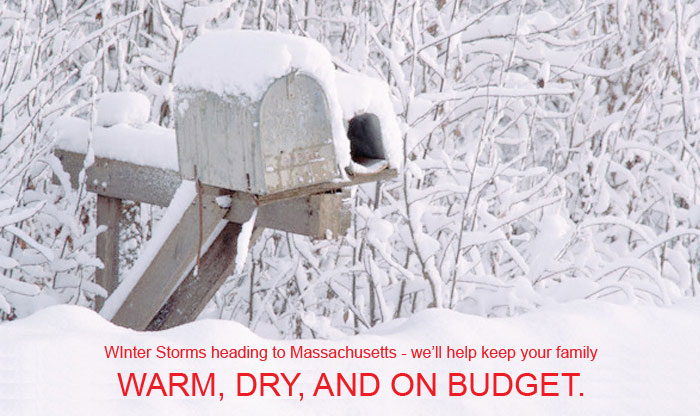In the last week of February, the Ontario legislature presented the Green Energy Act. The Act includes renewable energy development plans that could generate as many as 50,000 jobs for the Canadian province. Amongst the other parts of the bill is a provision that makes it mandatory homes for sale in Ontario have an energy rating attached to it.
This rating will be generated by a home inspection using standardized evaluation criteria yet to be finalized. The controversy is around what a negative rating might do to home prices throughout Ontario.
The appliances we put in our house all have energy ratings and we certainly pay attention to these when we make consumer choices. Could a ratings for the whole house be far behind? An informal survey of local real estate agents revealed that home buyers often request energy bills from the seller before putting in an offer. So the question is: Will our state or federal government make home energy ratings compulsory as part of a larger energy efficient initiative?
Warm Home Cool Planet would like to remind all Cambridge residents and businesses they can arrange a FREE energy audit for their home or business. Why not do it while you still have the choice?
To learn about the other major initiatives in Ontario’s Green Energy Act, read this interview with George Smitherman, Ontario’s minister of energy and infrastructure at Green Inc., the New York Times energy blog.



 After a great deal of political posturing, the Senate passed its version of the stimulus bill yesterday.
After a great deal of political posturing, the Senate passed its version of the stimulus bill yesterday.